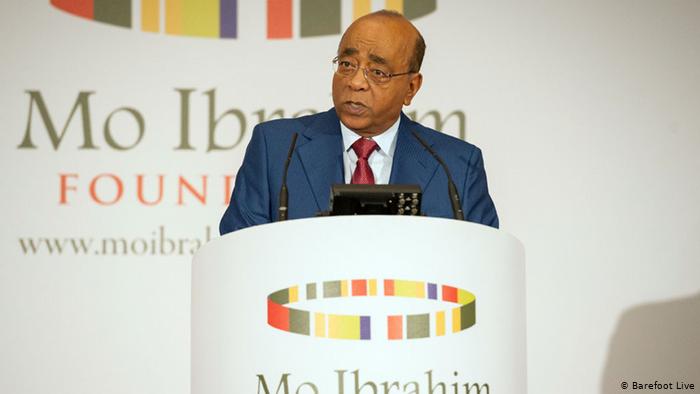To ensure effective monitoring and evaluation of progress made on the United Nations sustainable development goals (SDGs) and the African Union agenda for 2063, African governments and partners need to up efforts to close ‘data gaps’ in the tracking of these agenda, a fresh report by the Mo Ibrahim Foundation on ‘African Governance’ has said.
The report highlights the need for policy efforts to focus on tackling current governance challenge, reiterating the urgency of addressing data gap closure for assessment of both progress and shortfalls.
Essentially, the report establishes a worrying trend of data challenges occurs across the continent. Almost half of the targets for Agenda 2063 are not directly quantifiable, with fewer than 20 percent having an indicator to measure progress so far.
On average fewer than 40 percent of the indicators for the SDGs have sufficient data to track progress accurately on the continent. The report highlights that over half of the data source types on SDG indicators on Africa are estimation, modelling or global monitoring. In particular, only one-third of data sources on SDG indicators on Africa are from direct country sources. The ability to monitor progress towards development targets in Africa is compromised, according to the report.
“We are deeply worried by the inability to accurately monitor progress against these targets on the continent. Data is an essential foundation for effective policymaking and resource mobilisation,” Mo Ibrahim, chair of the Mo Ibrahim Foundation said in a statement seen by BusinessDay. “Without data, we drive blind – policies are misdirected and progress on the road to development is stunted. We must all act urgently to close the data gap, if indeed we aim to leave no one behind.”
Since the adoption of both Agendas, UN and AU, coverage and frequency of publicly available data for key data categories in Africa have decreased. Critically, one of the areas that have seen, on average, large deterioration is population and vital statistics. Further, only eight African countries have a birth registration system that covers 90 percent or more of the population over the last ten years (2009-2018), and only three have a death registration system that covers 90 percent or more of the population. The paucity of such vital data is in striking contrast with population growth – Africa is expected to be home to 1.68 billion people by 2030.
According to the Ibrahim Index of African Governance, the most comprehensive dataset on African governance, overall governance scores have a strong correlation with performance in the Africa SDG Index, underscoring the importance of good governance to sustainable development in Africa.

As a result, the report calls for improvements in access to and quality of education, health and nutrition, women and youth inclusion, prosperity and economic opportunity, and security, justice and strong institutions.
“Quality of education needs to be addressed; aligning education with market needs can also be advanced if governments and partners take a closer look at prioritising active engagement with the private sector, to assess the requirements of the job market,” the report said.
In health, special attention should be paid to the availability, quality, affordability and capacity of health services, while also tackling food security.
In health, special attention should be paid to the availability, quality, affordability and capacity of health services, while also tackling food security.
Source: Businessdayng





